5 reasons why Montessori self-care station at home is important for your child's development
Iwona Bielecka · Mar 30, 2023
Iwona Bielecka · Mar 30, 2023

Montessori education emphasizes the importance of fostering independence and self-sufficiency in children. One of the key aspects of Montessori education is the self-care station, which is an area in the classroom where children can independently take care of their personal needs. But the benefits of the self-care station don't have to be limited to the classroom. In this blog post, we will discuss five reasons why having a Montessori self-care station at home is important for child development.
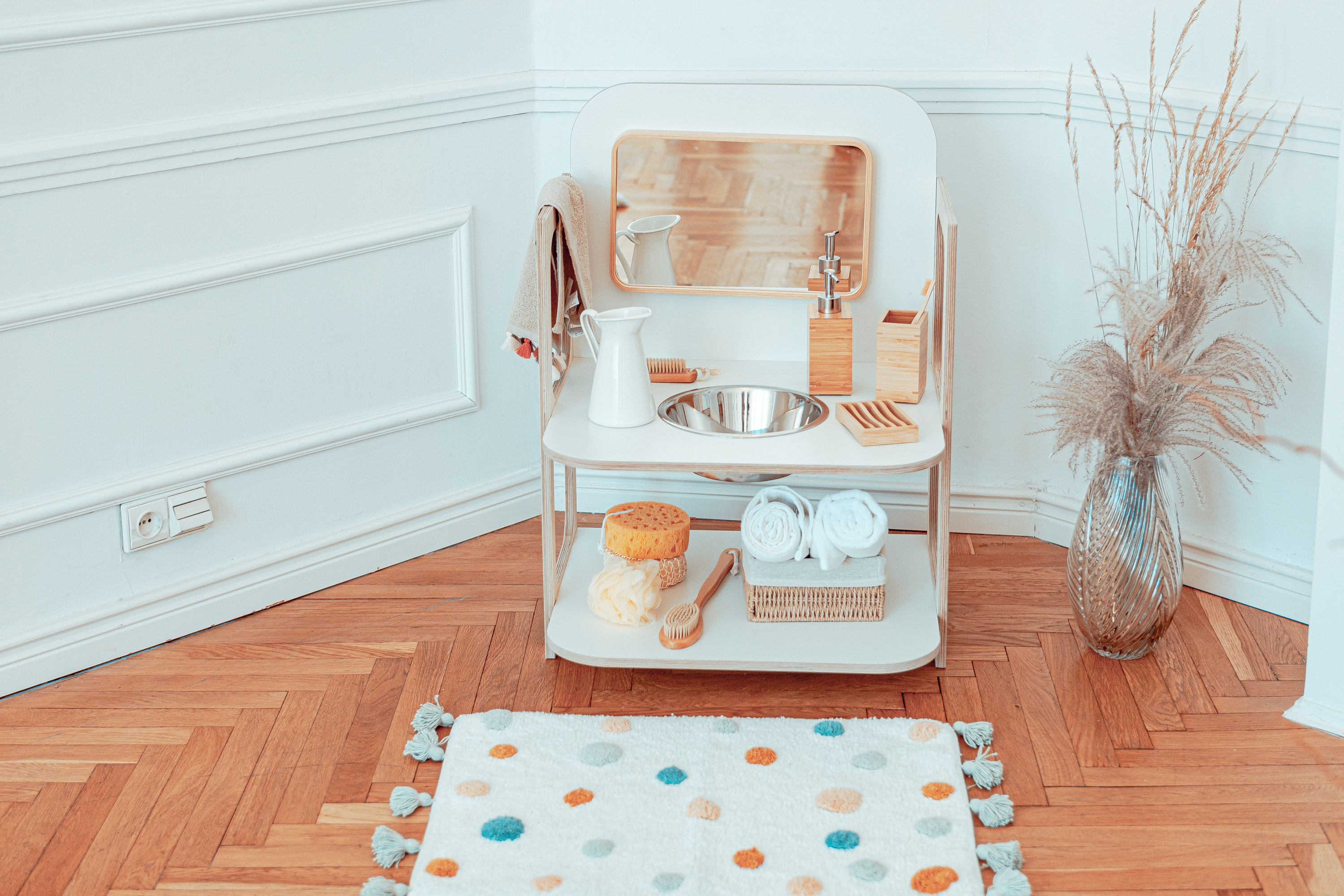
The self-care station is designed to help children learn to take care of themselves independently. By having a self-care station at home, children can learn to take care of their personal needs, such as washing hands, brushing teeth, and putting on shoes. This helps them develop a sense of autonomy and independence that will serve them well throughout their lives.
The self-care station is also an excellent way to help children develop their fine motor skills. The tasks at the station require precision and coordination, such as using a towel to dry hands or comb to brush hair. These skills are important for a child's overall development, as they help with handwriting, drawing, and other tasks that require dexterity.
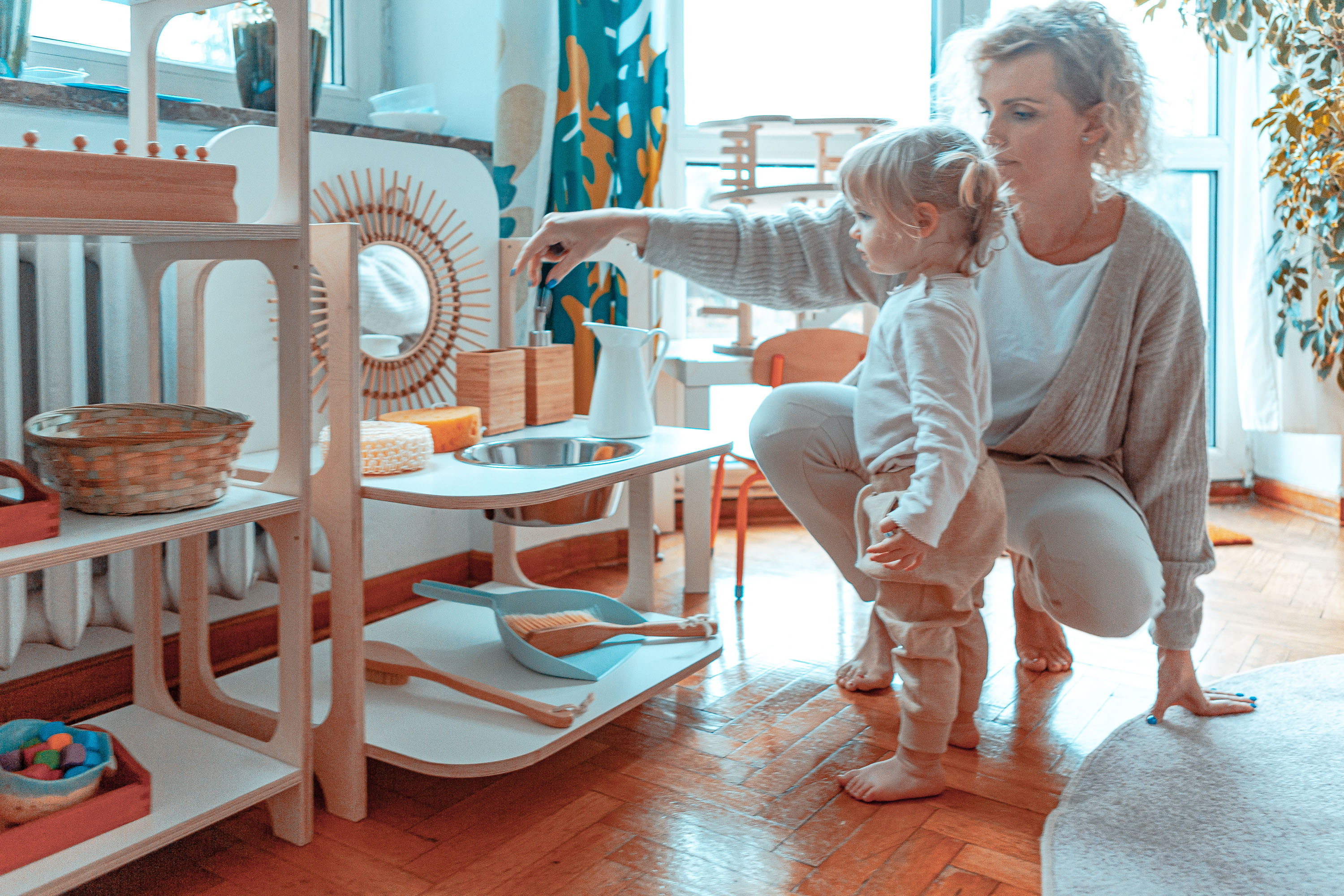
The self-care station promotes self-awareness in children. As they take care of their personal needs, they become more aware of their body and its needs. This helps them develop a sense of self-respect and self-care. By encouraging children to take care of their own needs, they learn to respect their body and develop healthy habits.
As children use the self-care station, they become more confident in their abilities. They learn to trust themselves and their abilities, which helps them build self-esteem. This confidence carries over to other areas of their life, such as academics and social situations.
Finally, having a self-care station at home fosters a sense of responsibility in children. They learn to take care of their personal needs and take ownership of their personal space. This sense of responsibility can translate into other areas of their life, such as taking care of their belongings and helping out with household chores.
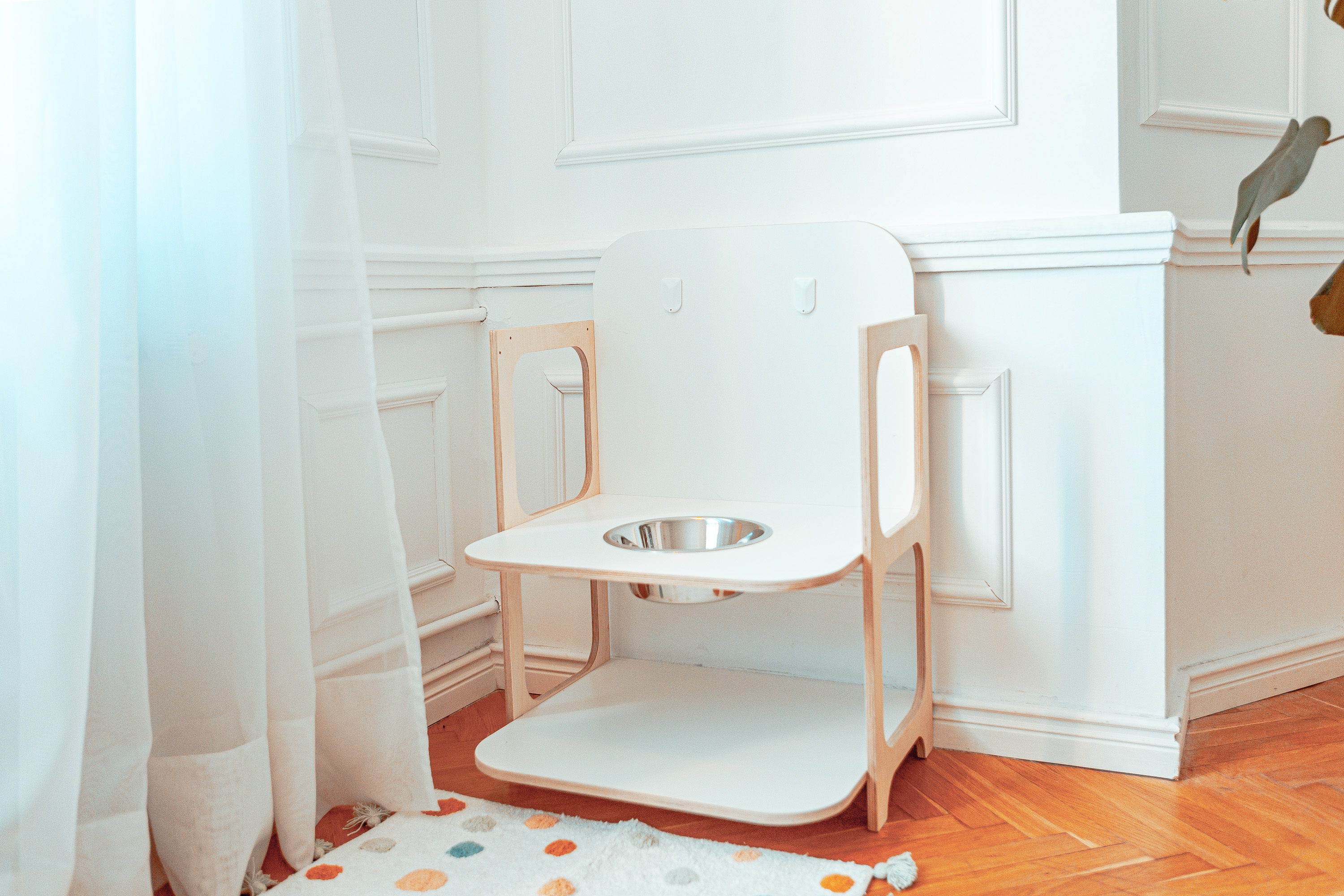
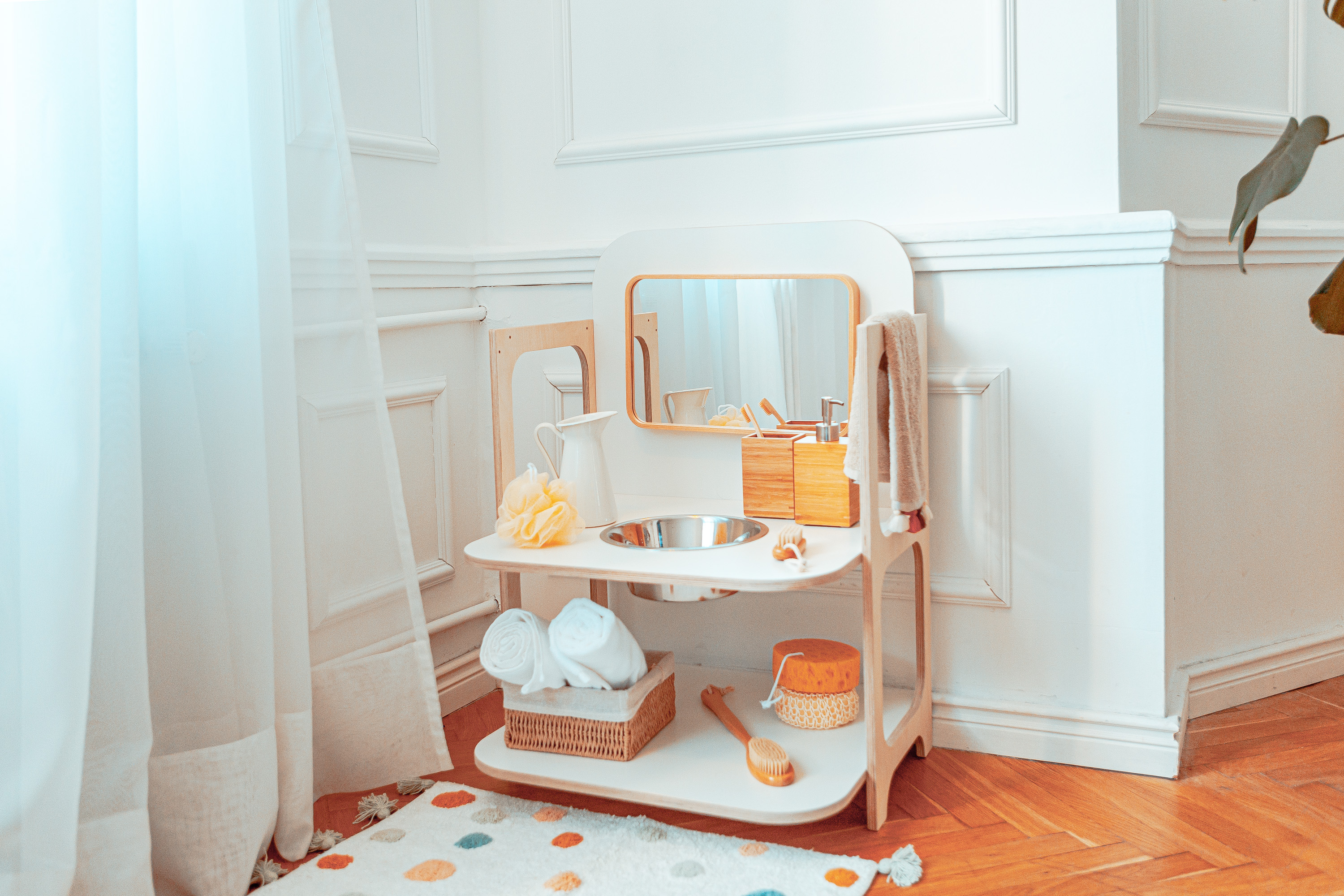
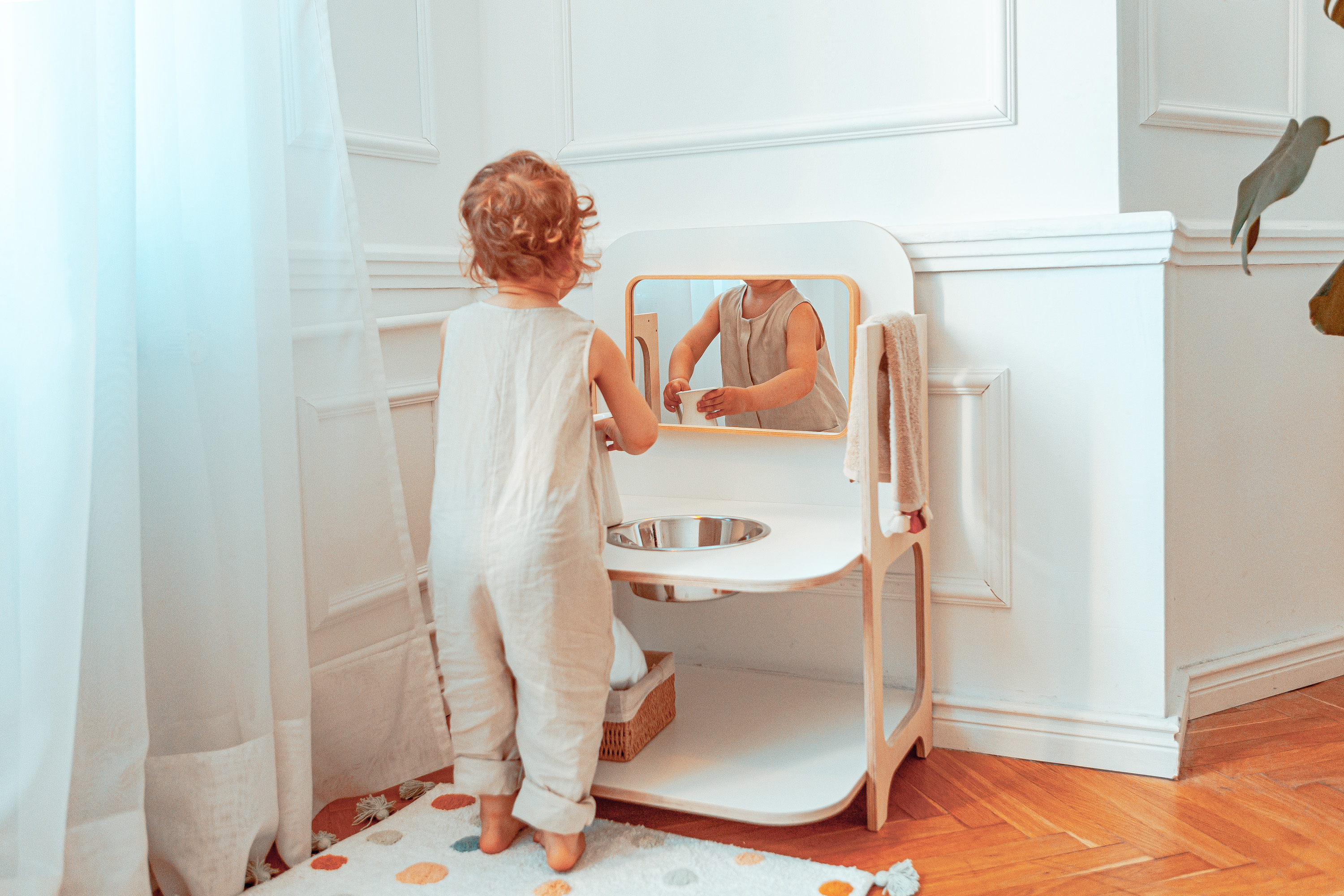
In conclusion, having a Montessori self-care station at home can have a significant impact on a child's development. It encourages independence, develops fine motor skills, promotes self-awareness, builds confidence, and fosters a sense of responsibility. By providing children with the tools they need to take care of themselves, we are setting them up for success in all areas of their life.





